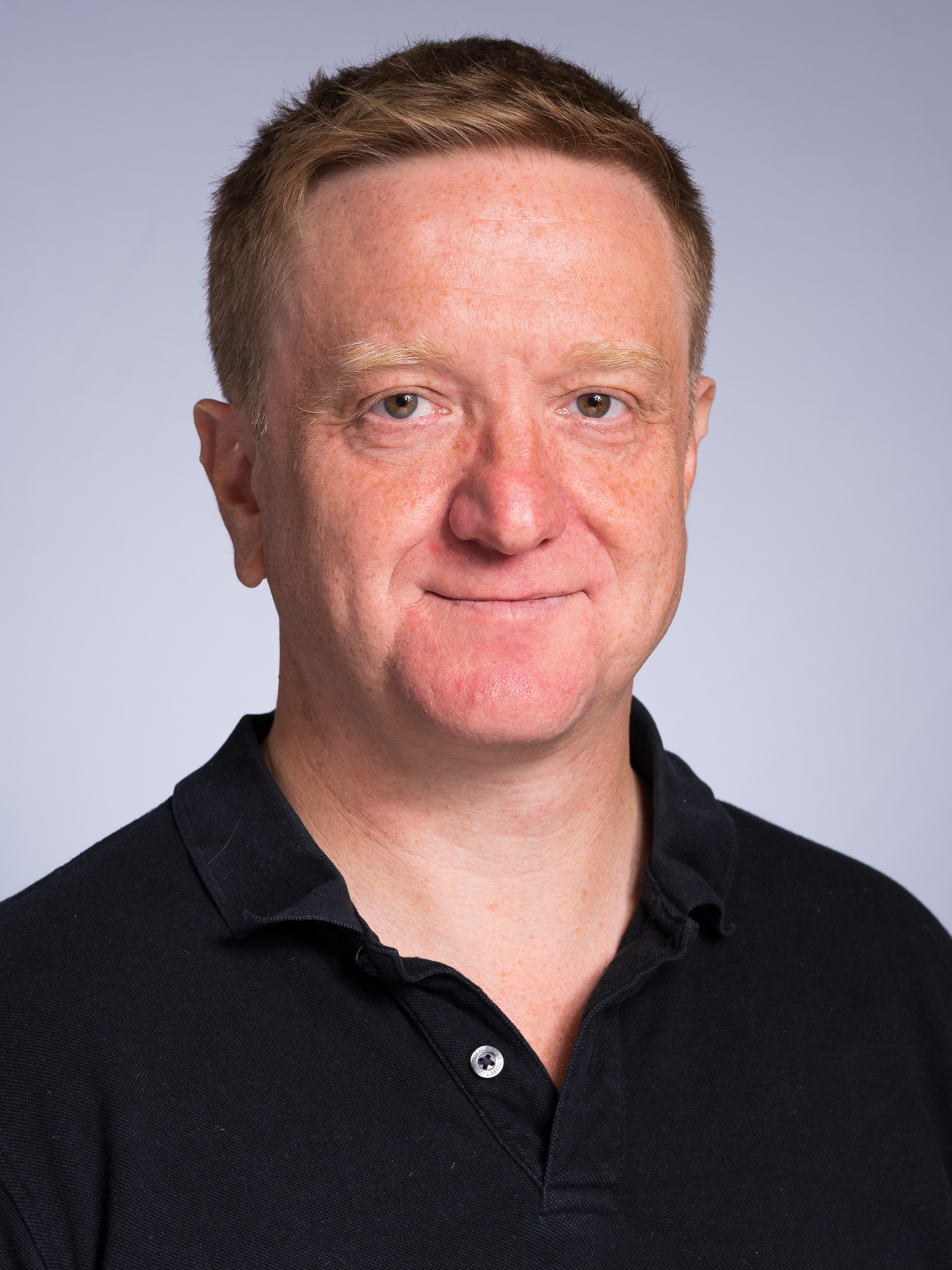Professor Chris Clarkson

Head of Astronomy Unit | Professor of Cosmology
Email: chris.clarkson@qmul.ac.uk
Room Number: G. O. Jones Building, Room 506
Website: https://orcid.org/0000-0001-7363-0722
Profile
I'm a cosmologist, concentrating mainly on large-scale structure in the universe. I study how to observe signatures of general relativity on large scales. Other things I look at are constraining curvature, dark energy, and modifications to general relativity in different ways. I also consider constraints on homogeneity and isotropy which tests the Copernican Principle.
I am currently a Reader in Cosmology, a position I started in 2016. Before this, I was an Associate Professor at the University of Cape Town in the Department of Mathematics and Applied Mathematics where I retain an Adjunct position. I am also a visiting Extraordinary Professor at the University of the Western Cape, also in Cape Town.
I completed my PhD in 1999 at the University of Glasgow, and I did postdocs at Dalhousie University in Canada, and the University of Cape Town. I was also a lecturer at the Institute of Cosmology and Gravitation, University of Portsmouth.